Recently, during a trip to northeastern Nigeria, I came across two troubling Facebook posts —one from a well-known activist and a lawyer, Mr Adeyanju Deji, the other from a keyboard philosopher called Saddam Ibrahim. Both reflected a worrying trend in which emotion, prejudice, and ignorance are replacing thoughtful, informed analysis.
The activist described Iran as an “evil regime,” based on unproven claims of mass killings and executions. These statements, lacking context and evidence, resembled propaganda rather than providing a useful critique. Such inflammatory language does not foster understanding; it only creates division.
The self-described intellectual went even further by mocking respected figures like Imam Husain and Sheikh Zakzaky, dismissing them as “losers.” This showed profound disrespect and ignorance of history. His remarks lacked substance and were merely provocative.
He didn’t have a solid understanding of politics, international relations, or the rules of war, so he wasn’t really in a position to comment on such complex matters. He also ignored the wisdom of respected leaders like Gandhi and Mandela, who stood for strong moral values. Although he tried to argue that the end justifies the means, he lacked a deep understanding of the concept. In fact, the Islamic Republic completely disagrees with this idea. Justice and fairness, based on Islamic principles, form a core part of Iran’s constitution.
No nation or system is beyond criticism- true democracy thrives on scrutiny, not blind loyalty. Western actions, such as colonialism and the wars in Iraq and Libya, have caused serious harm. Israel’s operations in occupied territories also raise significant legal issues. Honest analysis must hold all powers accountable; the truth doesn’t belong to any one nation.
Briefly, when discussions are driven by bias and emotion, the truth becomes distorted. Opinions that differ are treated as threats, symbolic gestures are mistaken for real strategy, and facts are overlooked in favour of emotionally satisfying narratives. In such cases, the critic’s credibility is damaged more than the subject they criticise.
I was raised in a culture that valued knowledge and encouraged the search for truth over emotion. That’s why I find it troubling when people claim that Iran is on the brink of collapse due to pressure from the U.S. and Israel. These views often ignore the complexity of today’s world- its shifting economies, uneven power structures, and frequent political missteps. Many of these critics speak from a place of ideology, not strategy, overlooking real vulnerabilities within Israel, especially after recent confrontation.
In today’s climate, particularly around U.S. and Israeli policy, expressing a dissenting view often results in being labelled disloyal or antisemitic. Emotional reactions tend to drown out facts, making honest conversation nearly impossible – something serious thinkers would reject.
The recent conflict between Iran and Israel showed a sharp gap between belief and reality. Although Israel brought the U.S. into the confrontation and “strengthened” Netanyahu’s political position, it failed in its main objectives: to weaken Iran’s nuclear programme and trigger regime change. Iran’s response was measured and strategic, showing it could act independently without relying on regional allies. Meanwhile, Israel is struggling with internal divisions, economic stress, and growing diplomatic isolation with many pro Iranian states – issues that public shows of strength cannot solve. The near-failure of its Iron Dome system only made this more evident.
Following a military operation on 13 June, it became obvious within a day that Israel had not reached its goals. Iran’s nuclear facilities remained untouched, and talk of regime change quickly faded. Even Israeli commentators admitted that the campaign had been more symbolic than effective.
Describing Iran as an “evil regime” is an unscrupulous statement that uses emotion rather than reason. Iran does have internal issues that thinkers may critique, but using dehumanising language blocks meaningful discussion and an insult to the lives of millions of Iranians supporting the Islamic system.
Claims of executions or other abuses must be backed by credible, independent evidence; otherwise, they remain just allegations. Slogans like “Death to America” or “Death to Israel” should be seen within their political context- as expressions of resistance, not literal threats to innocent citizens. If judged solely by rhetoric, many governments could be painted as equally extreme.
Iran’s grievances, rooted in decades of sanctions and foreign interference, are real but too often ignored.
Iran has legitimate complaints- such as long-term economic sanctions, military threats, and foreign political meddling- which have caused significant harm to its economy and society. However, the international community often dismisses or overlooks these issues instead of addressing them fairly.
This means that constantly labeling Iran as a hostile or evil state, rather than engaging with it diplomatically or fairly, ends up benefiting the countries or groups that oppose Iran . At the same time, this approach does little or nothing to improve the situation of the Iranian people if at all they are in danger according to your understanding.
This is a fact – since the 1979 revolution, Iran has made visible progress. Access to clean water in rural areas rose from 21% to 81%. Literacy now exceeds 90%, with more women attending university than men. Life expectancy climbed from 50 to 75 years, and child mortality fell significantly. These gains have had a real, measurable impact on people’s lives.
Understanding Iran’s Resilience.
- Social Cohesion – Emile Durkheim’s Theory
French sociologist Emile Durkheim argued that external threats often reinforce social solidarity within a community. When a group faces pressure or attack from outside, it tends to unite around shared values, symbols, and identity. This concept helps explain how Iran has maintained internal stability despite intense economic sanctions, cyber warfare, and diplomatic isolation.
For example, following the U.S. withdrawal from the 2015 nuclear deal (JCPOA) and the subsequent reimposition of sanctions, many expected Iran’s economy and political system to collapse. Instead, the Iranian population, though under great stress, largely rallied behind national institutions. Political debates continued, protests occurred, but the overall structure remained intact. National pride and resistance against perceived foreign domination became unifying forces, especially when national sovereignty or religious identity was seen as being under attack.
2. Regime Theory and International Norms – Stephen Krasner’s Perspective
Political scientist Stephen Krasner’s regime theory posits that international norms, rules, and expectations influence state behaviour, even among rivals. Iran’s evolving strategy in response to U.S. and Israeli pressure illustrates this idea in action.
Rather than resorting to open confrontation or reckless escalation, from the beginning Iran has largely adopted a measured, state-centric approach—using diplomacy, calculated deterrence, and adherence to certain international frameworks to navigate complex geopolitical challenges. Its response to recent Israeli military provocations and hit Israel so hard yet , not only limited and proportionate but also carefully designed to avoid impacting the innocents and unarmed people negatively thereby preserving its international credibility.
Iran’s involvement in regional affairs has also shifted from ideological rhetoric to more strategic positioning—engaging in negotiations with global powers, participating in international forums, and even joining regional alliances like the Shanghai Cooperation Organisation (SCO). These actions reflect an understanding of global norms and signal Iran’s effort to reframe its image—not just as a revolutionary state, but as a rational and enduring actor in a multipolar world.
My Conclusion
Criticism that relies on emotion and scapegoating often fails to consider historical realities or acknowledge meaningful progress. When critics are guided more by ideology than evidence, they overlook important developments and dismiss facts that don’t fit their narrative. Instead of engaging in honest, constructive debate, they respond to uncomfortable truths with baseless accusations.
By contrast, an objective and evidence-based approach reveals a more accurate and complex picture. Iran, despite decades of sanctions, isolation, and “internal” challenges, has demonstrated remarkable resilience. It has achieved notable social advancements- in education, healthcare, and infrastructure – while maintaining strategic stability in a volatile region. This is not propaganda; it is part of a broader historical process that deserves careful examination.
Emotion without evidence leads to oversimplification and misjudgment. Effective understanding and decision-making must be grounded in truth, not slogans. For the international community – especially nations in Africa and Europe that seek to engage constructively with today’s geopolitical realities, this means moving beyond simplistic narratives.
Iran is not a nation on the verge of collapse, as often claimed. Rather, it is an evolving state that has shown the capacity to adapt, survive, and transform under sustained external pressure. Recognising this reality is essential for any serious political dialogue or strategic planning.


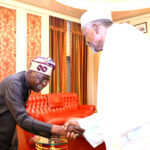
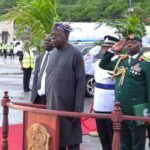



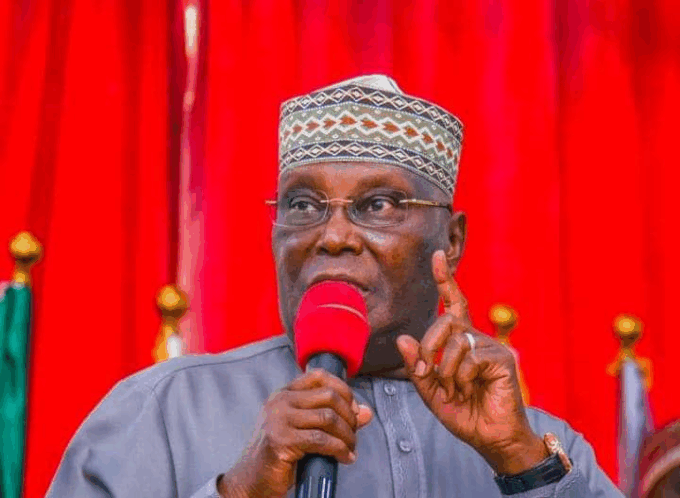
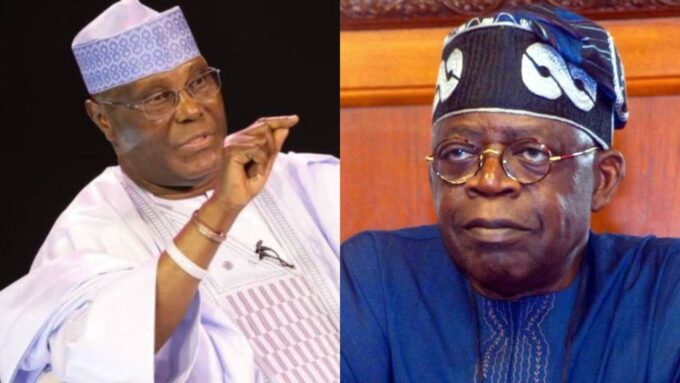
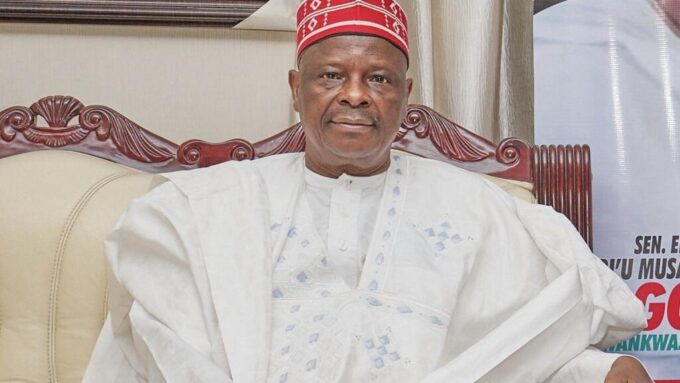




Leave a comment